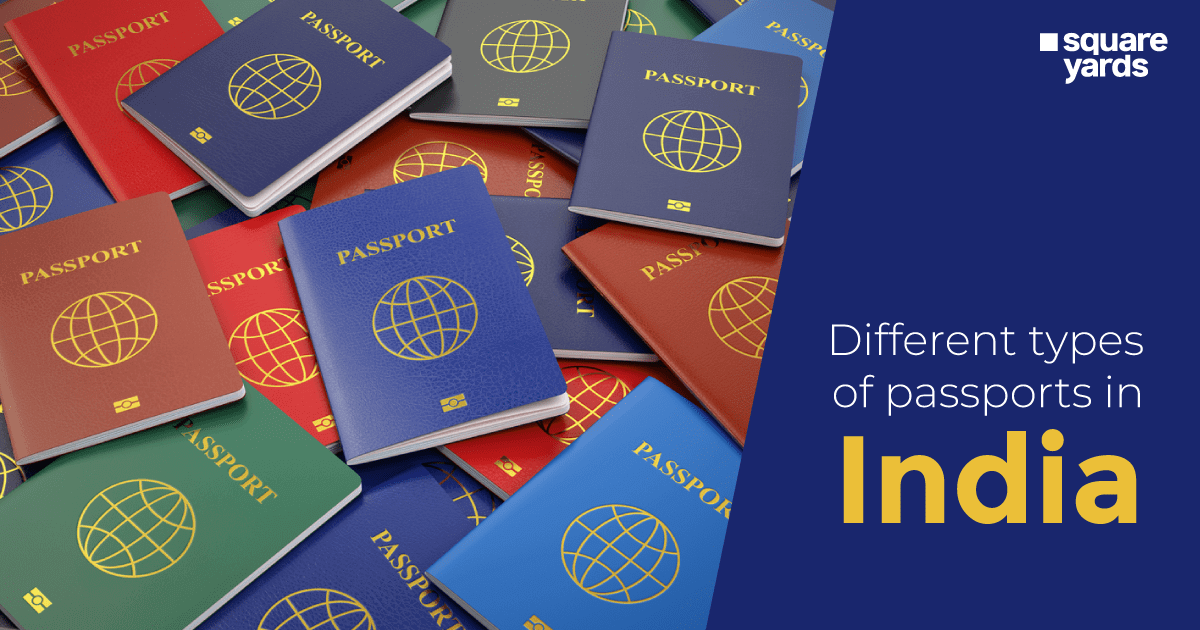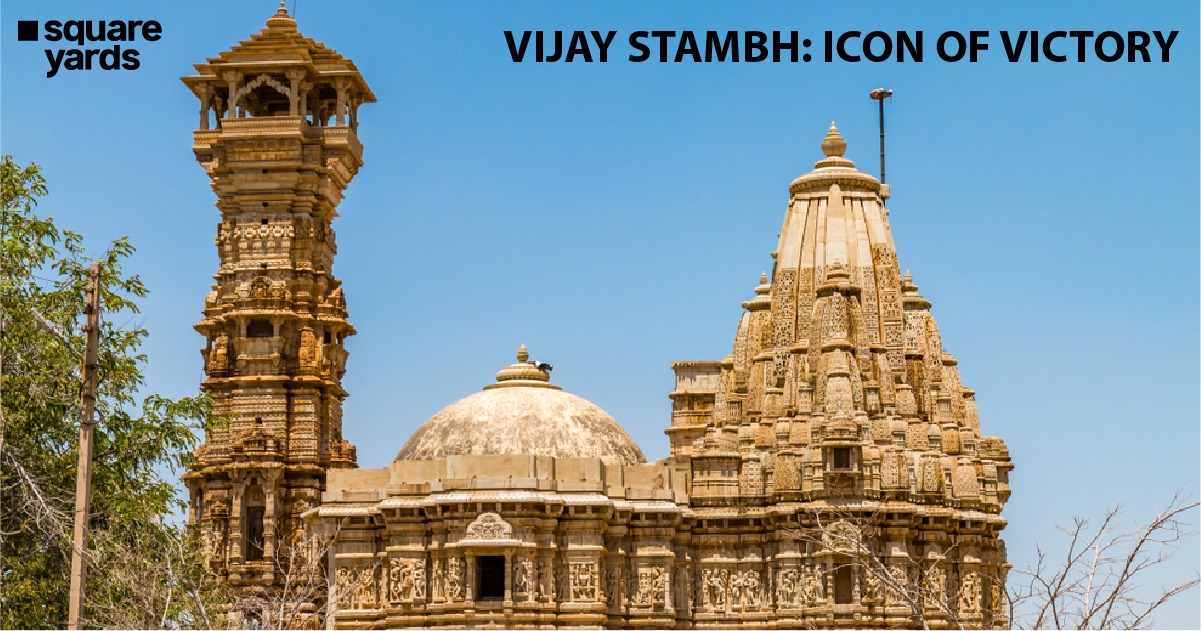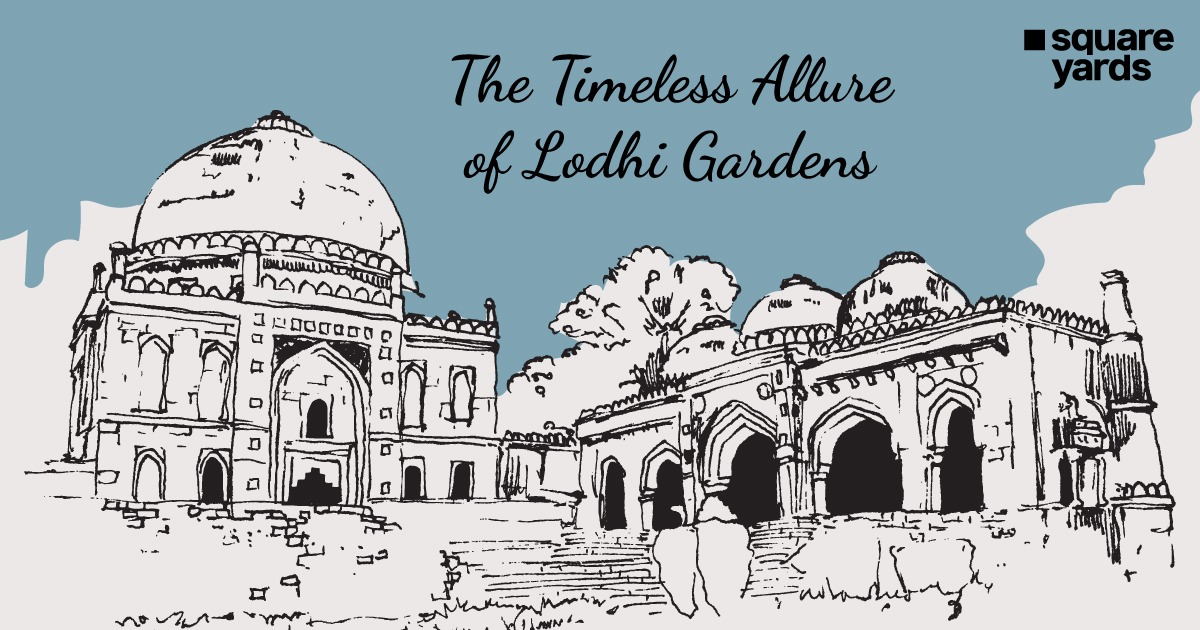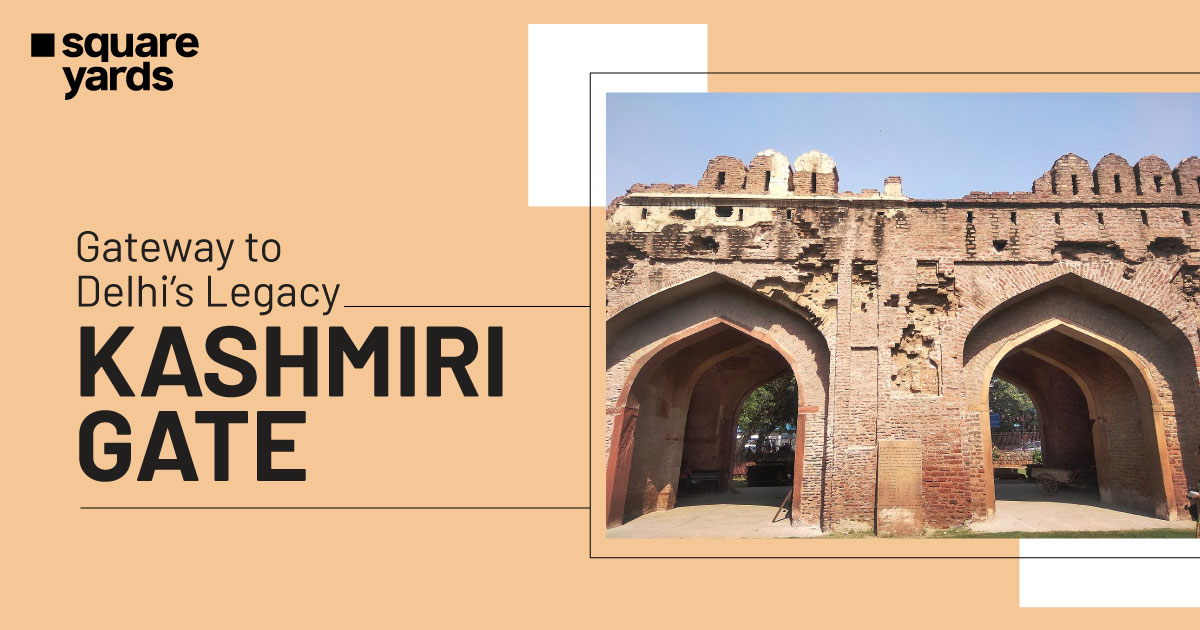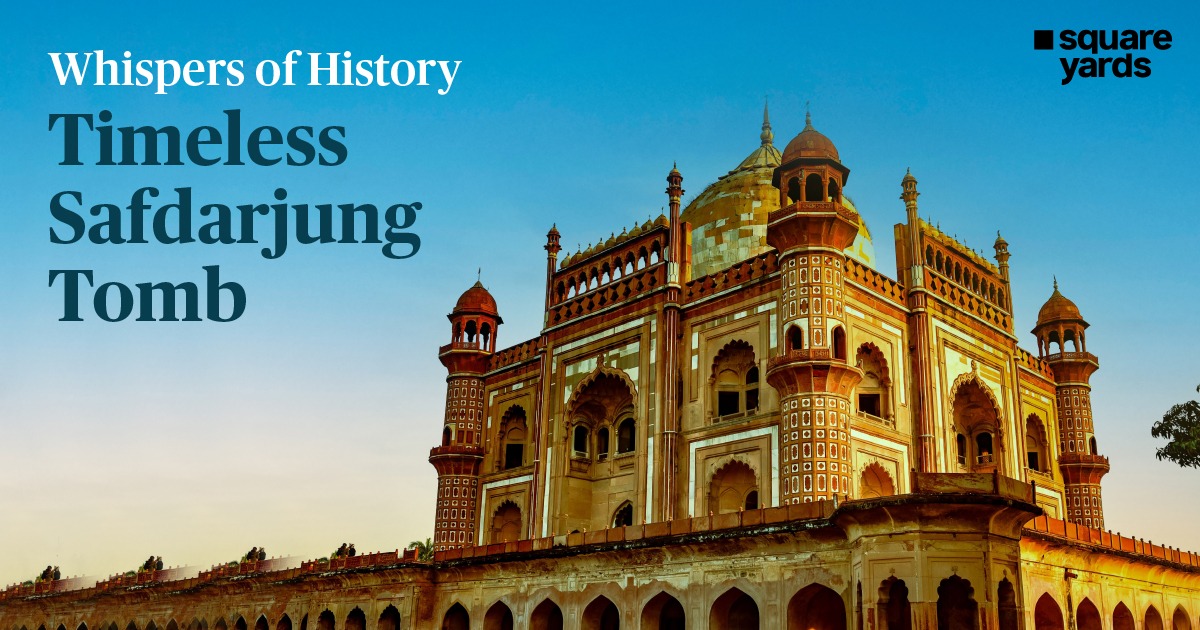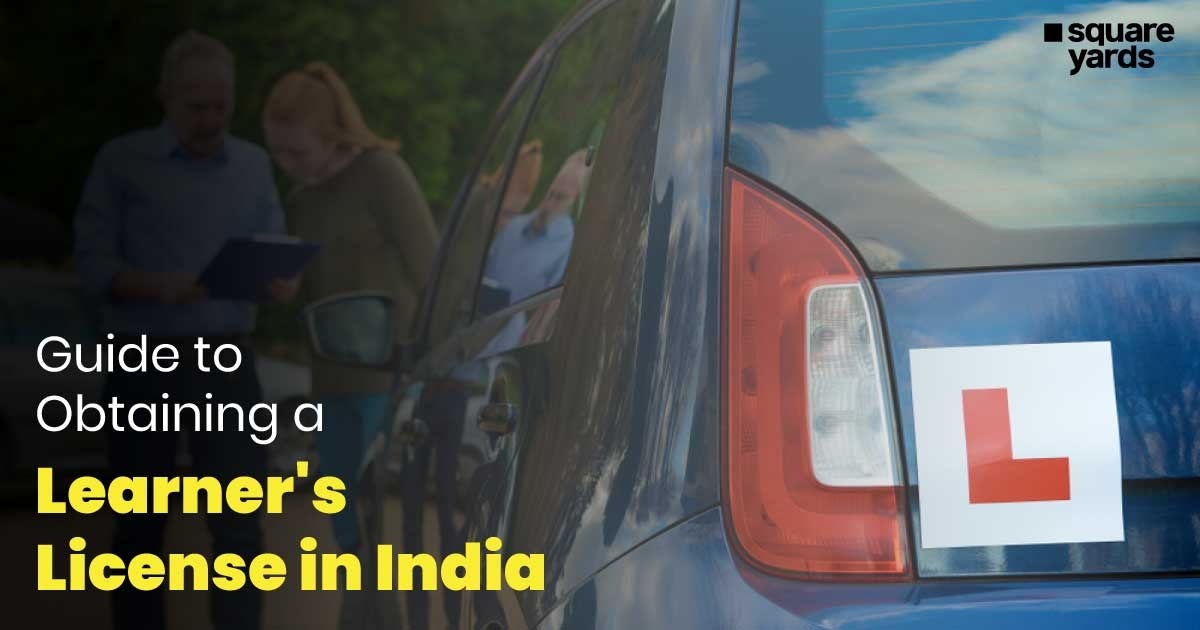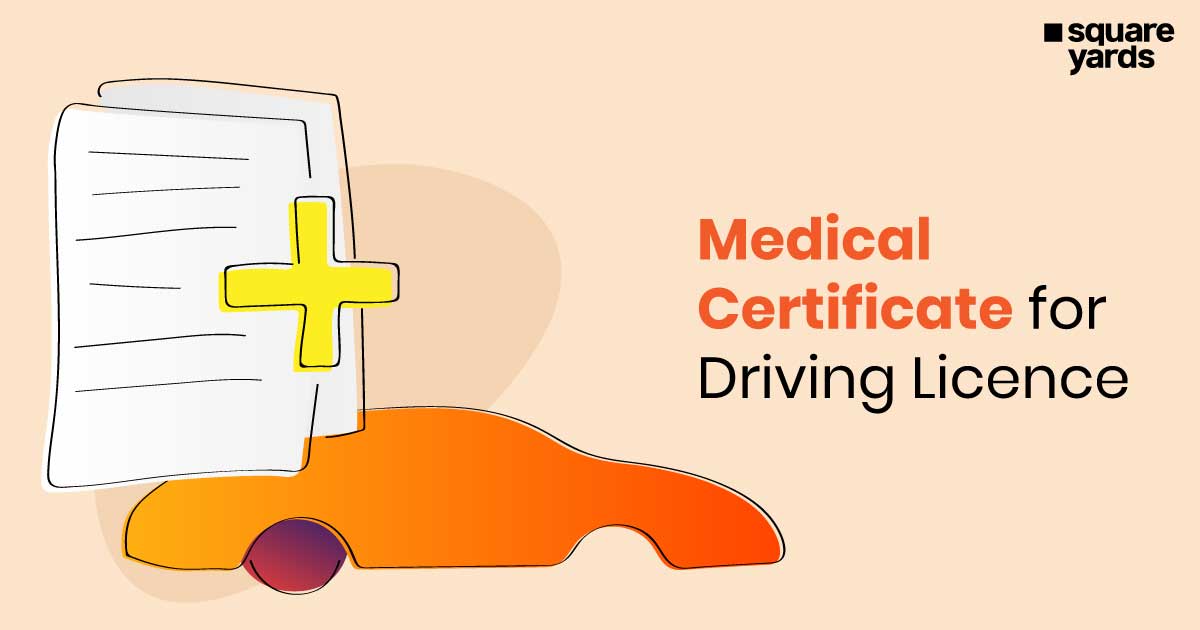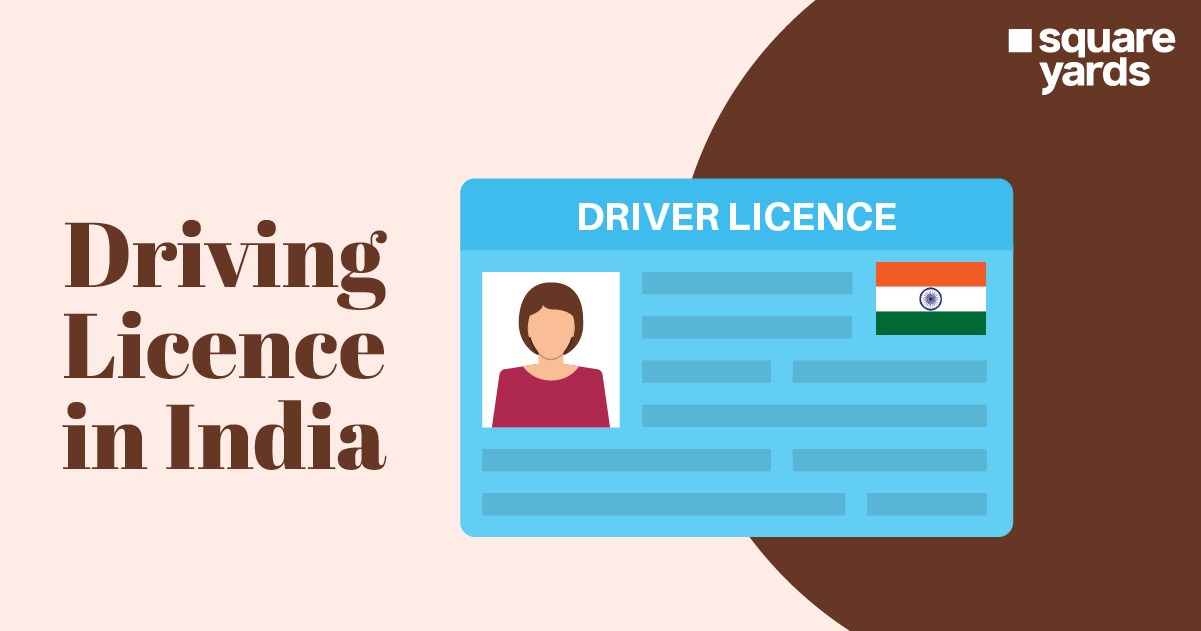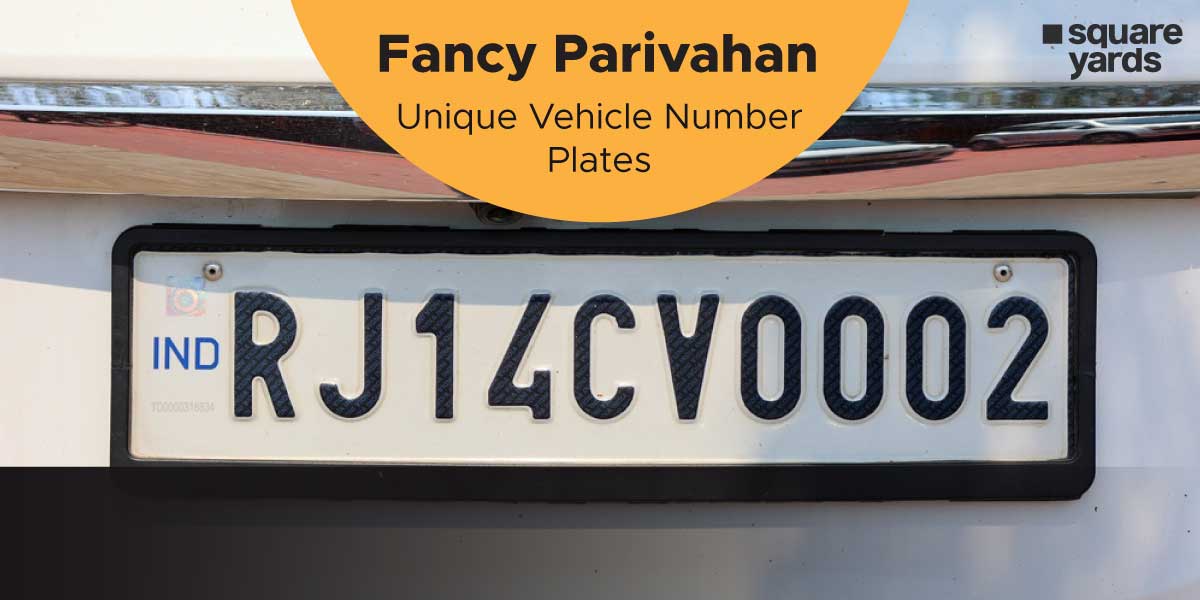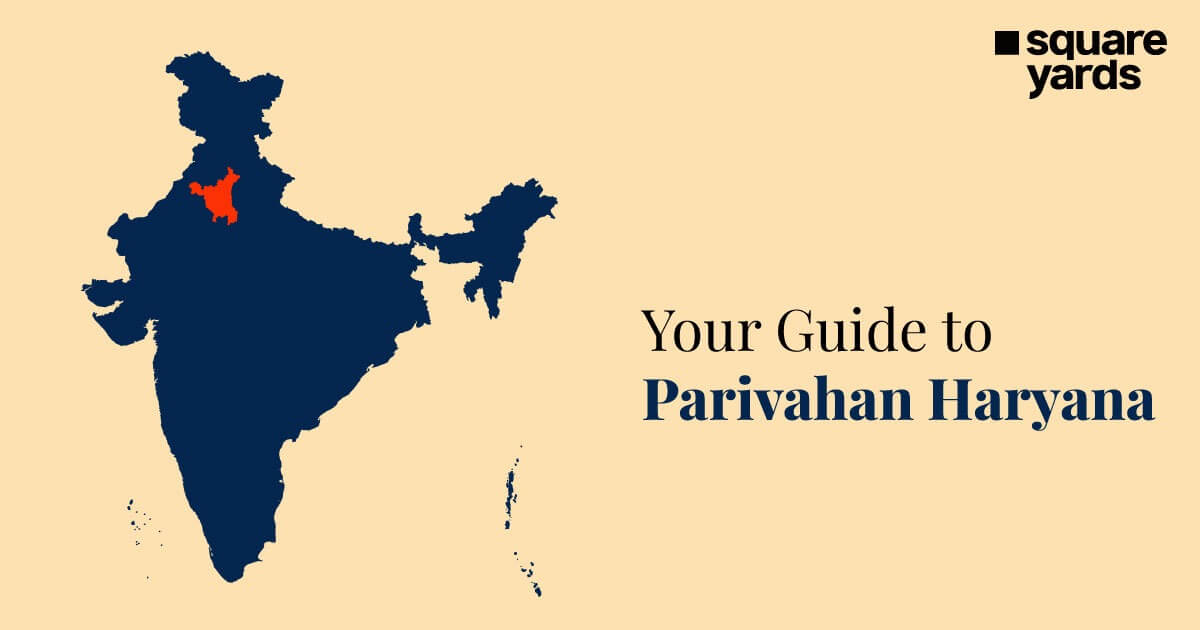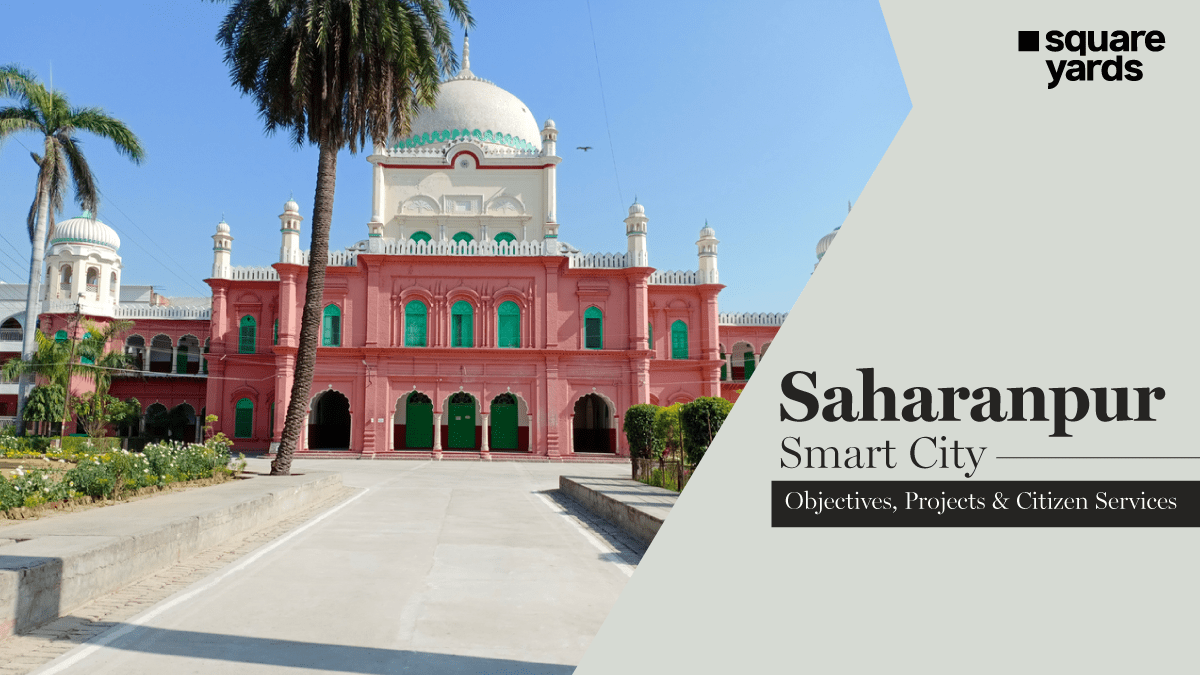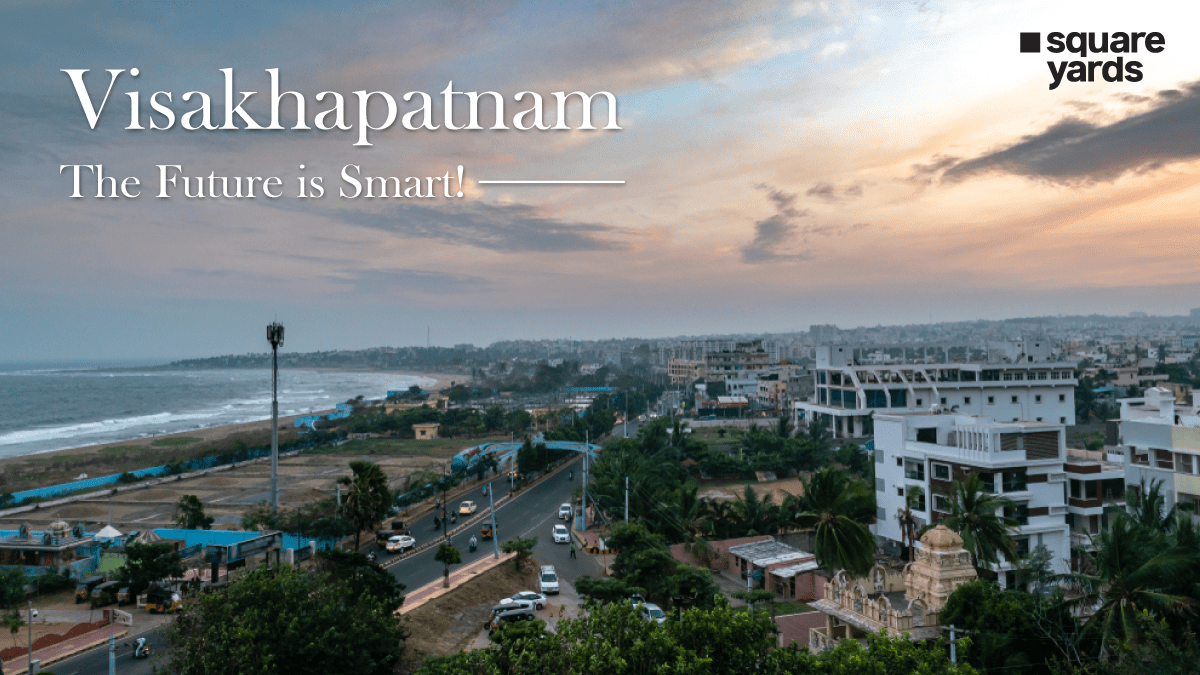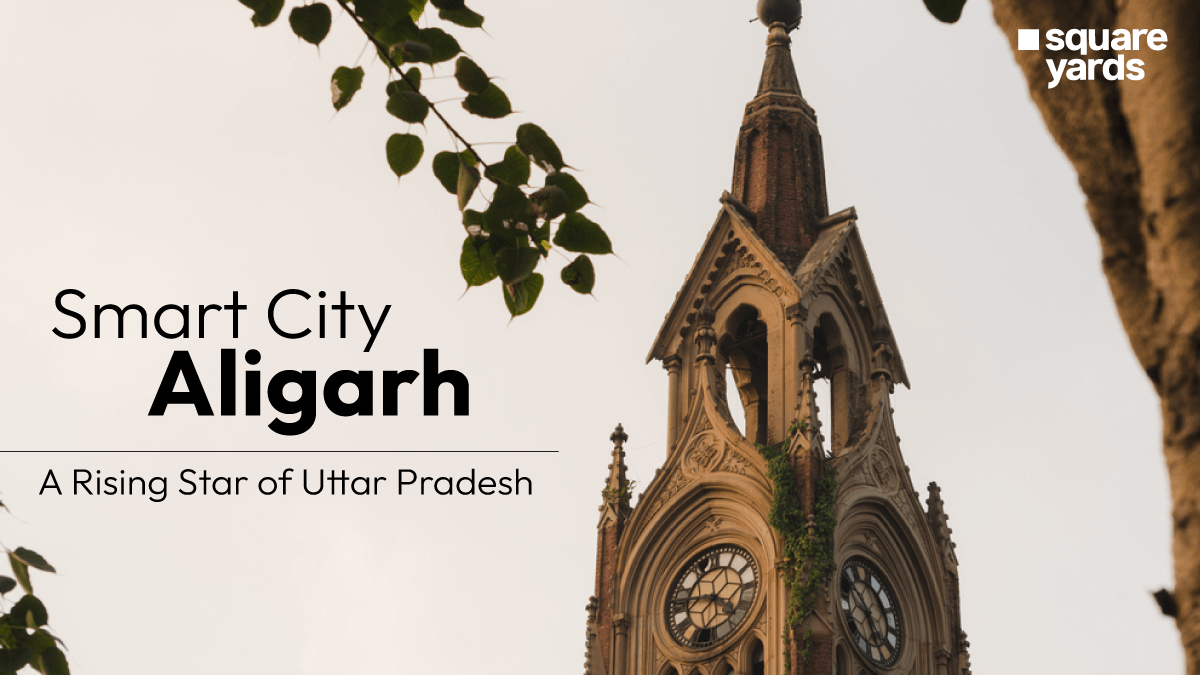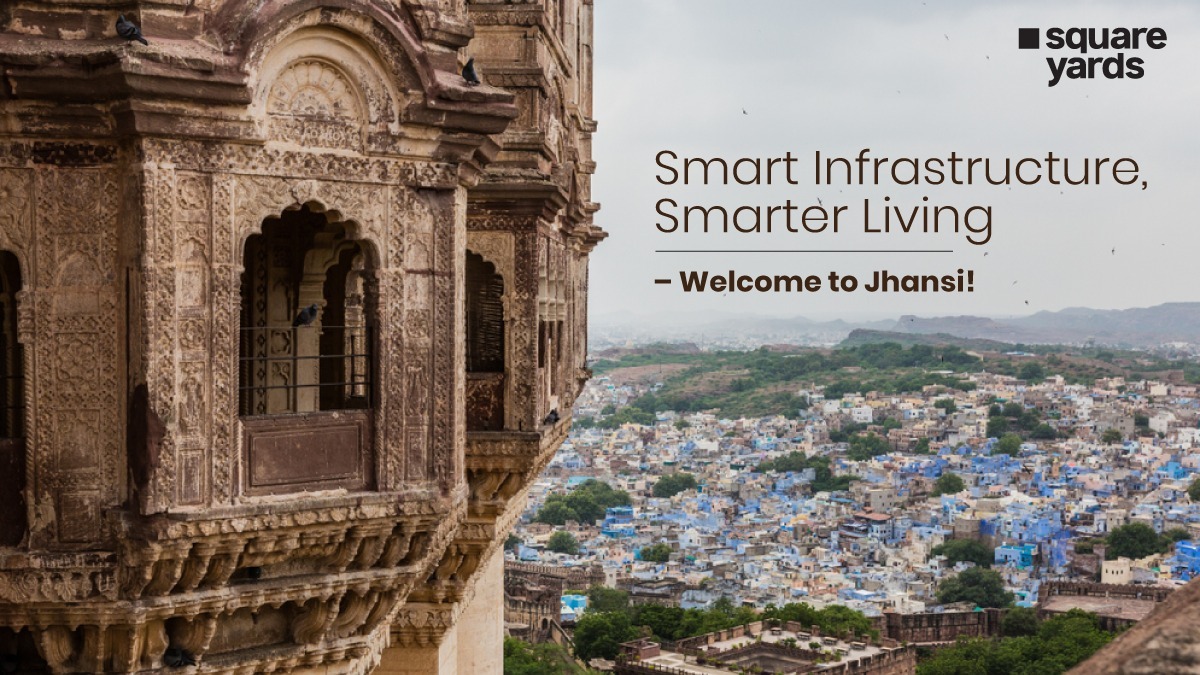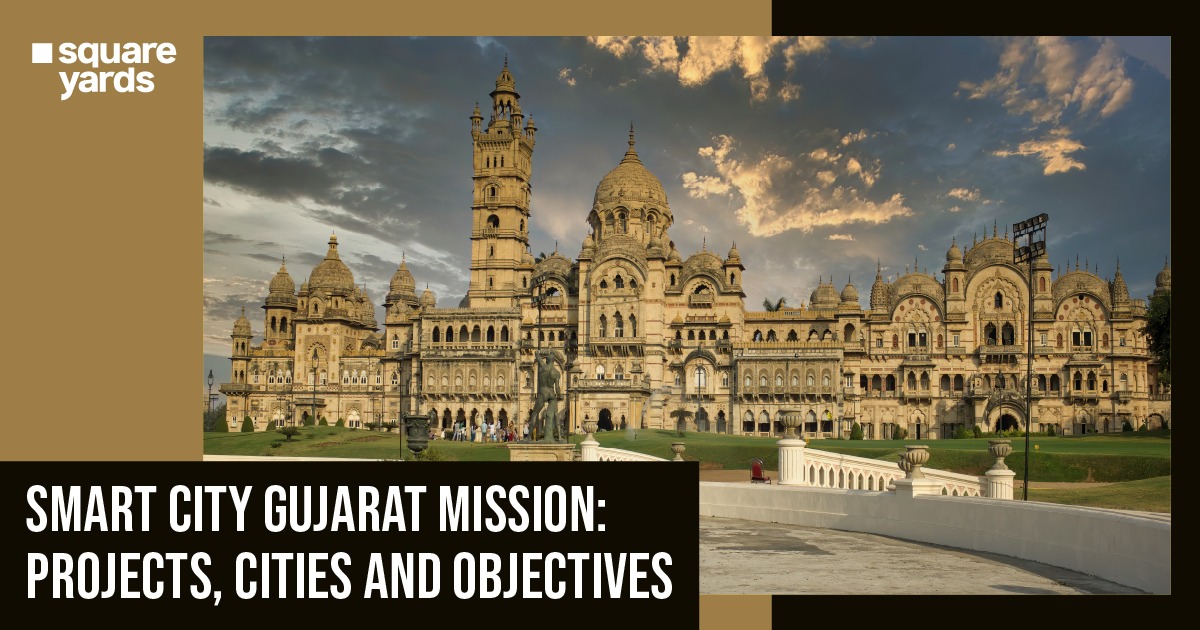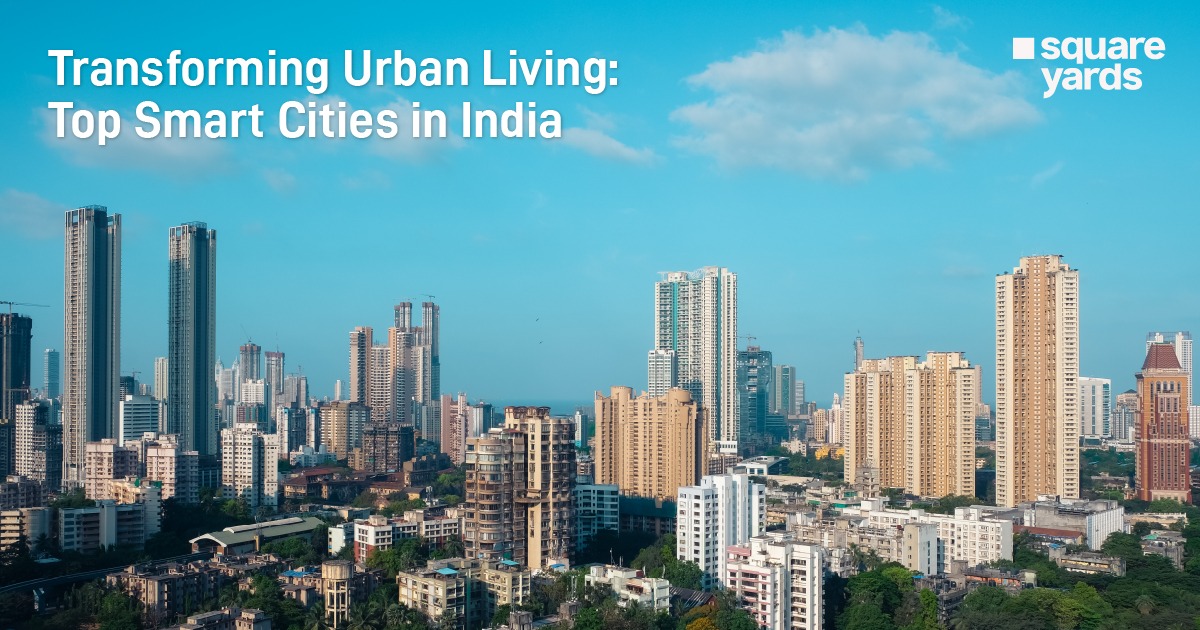Does the colour of your passport allow for faster immigration clearance or visa-free travel? To do so, first you must know the various types of passports in India and their respective significance. The average person is unaware that there are various types of passports.
Let’s learn everything about these different types of passports in India.
Table of contents
- Indian Passports: What Types are There?
- Benefits and Uses of Different Types of Passports in India
- Different Kinds of Passports: Eligibility Requirements for Availing
- How to Apply for a New Passport in India?
- Essential Documents for Applying for a New Passport in India
- What is the Validity and Expiry of a Passport?
- FAQ’s about Different Types of Passport
Indian Passports: What Types are There?
There are three types of passports in India. We have detailed all three of them below in the description.
Regular or Type P Passport
Regular or tatkal passports are also referred to as ‘blue passports.’ These passports are given to the general public. These passports, which are typically navy blue in colour, are issued for routine travel, such as business trips or vacations. They include the holder’s name, date of birth, and a photograph. They also include various other forms of identification for immigration checks.
Official Passport
The official passport is also known as the ‘white passport.’ Individuals representing the Indian government on official business are issued white passports. An official passport application differs from a regular or blue passport application. In addition to the regular rules and regulations, the official passport holders also have some special powers.
Diplomatic Passport
A diplomatic passport is also known as a maroon passport. This passport is issued to high-level government officials, Indian diplomats, and diplomatic couriers. Diplomatic passports are available to IPS (Indian Police Services) and IAS (Indian Administrative Services) officials.
Applications for such passports are treated differently, and immigration is easier than for general applicants. Also, it is tough to take legal action against diplomatic passport holders who travel abroad.
Orange Passport
The orange-coloured passport was launched by the government of India in 2018 and doesn’t hold the address page. These passports are primarily intended for people who have not completed high school. These people are eligible for ECR status.
Benefits and Uses of Different Types of Passports in India
Here is the list of benefits and uses of each type of passport mentioned above:
Regular or Tatkal Passport
- Benefits: This type of passport aids foreign authorities in distinguishing between ordinary citizens and government officials.
- Use: The general public uses this passport to travel for pleasure or business.
Official Passport
- Benefits: White passports make it simple for immigration officials to determine government officers and treat them accordingly.
- Use: This passport is used by government officials when they travel abroad on official business.
Diplomatic Passport
- Benefits: Among the numerous benefits available to Maroon passport holders, visa-free travel (for travel abroad) is the most useful. They will not require a visa for foreign trips, regardless of how long they decide to stay in a foreign country. They can also benefit from a faster immigration process with this passport. Furthermore, immigrants with these types of Indian passports have it easier than general passport holders.
- Use: This passport is used by Indian diplomats and senior government officials when they travel abroad to represent India.
Orange Passport
- Benefits: The main reason for introducing a new type of passport was to ensure the safety of uneducated citizens when travelling abroad. The ECR verification and emigration procedures will also be sped up with this system. It should be noted that your passport will aid in the verification of your citizenship, and its use is not limited to international travel. This document can be used for a variety of purposes, including school enrollment and registration, obtaining a driver’s license, and so on!
- Use: People who have not completed Grade 10 can use this passport to fly abroad.
Different Kinds of Passports: Eligibility Requirements for Availing
Each of the passport types mentioned above serves a different purpose and is issued to qualified individuals. Here is a list of eligibility criteria for each passport type.
- Regular or Tatkal Passport-For the general public
- Official Passport-Officials from the government
- Diplomatic Passport-Indian diplomats and senior government officials have diplomatic passports.
- Individuals who have not completed secondary school and fall into the ECR category.
For the reason that you know the eligibility criteria, let’s also understand the application process for each sort of passport.
How to Apply for a New Passport in India?
To apply for a passport online, follow the steps outlined below.
Step 1: Go to the Passport Seva online portal and log in with your existing ID and password. Those who are visiting the site for the first time must first register.
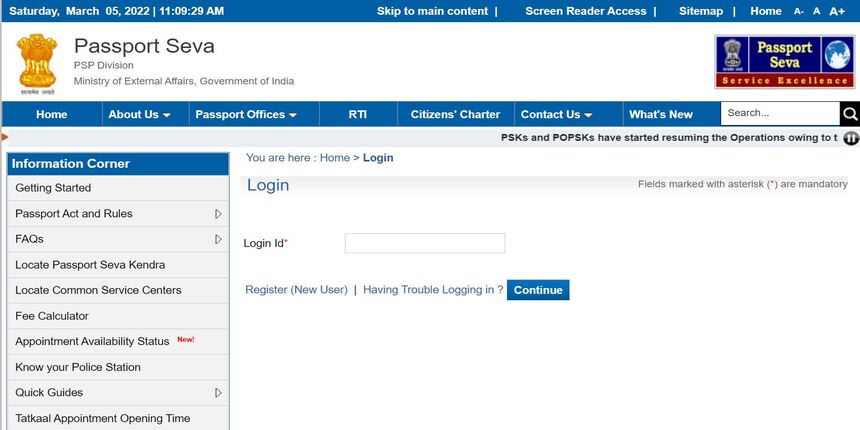
Step 2: Next, choose ‘Fresh Passport/Passport Reissue’ and complete the application form.
Step 3: To submit, click “Upload e-Form.”
Step 4: Now, click ‘Pay and Schedule Appointment’ to pay and schedule an appointment.
By clicking on “Print Application Receipt,” you can also print the payment receipt that includes your appointment or reference number. After finishing this process, go to the Passport Seva Kendra or Regional Passport Office where you made an appointment. Make sure to bring all the necessary documents for verification.
Following that, you must go through police verification. They will review all of the information provided in your form and travel to the address specified. If you do not have all of the necessary documents, getting a new passport can be difficult and time-consuming. Continue reading to learn about the documents needed for the passport application process.
Don’t miss It!
| Passport | Passport: Application Process, Documents Required & Types |
| Passport Seva | Passport Seva Kendra: Registration & Application Process |
| Passport for Senior Citizen | How to Apply Passport for Senior Citizen? |
| Passport for Minor | How to Apply Passport for Minor? |
| Documents for Passport | List of Documents Required for Passport Application |
| Passport Verification | Police Verification for Passport |
| Renew Passport | How to Renewal Passport Online & Track Status |
| Passport Application Form | How to Fill Passport Application Form? |
| Reschedule Passport Appointment | How to Reschedule Passport Appointment Online? |
| ePassport India | How to Download ePassport? |
| Passport Reference Number | How to Get Passport Reference Number? |
Essential Documents for Applying for a New Passport in India
To sidestep unnecessary hassle, keep the following documents on hand:
You are required to submit address proof (Aadhaar card, your bank account passbook, rent agreement, electricity bill, phone/post-paid mobile bill, a copy of your spouse’s passport, etc.).
Proof of date of birth (leaving certificate/school transfer, birth certificate, voter ID card, PAN card, and so on)
Aside from documents, individuals must understand the validity and expiration dates of a passport. Continue reading!
What is the Validity and Expiry of a Passport?
Your passport, regardless of its type, will be valid for only ten years. As a result, you should make it a point to renew it within that time frame. The renewal of various types of Indian passports can be done online if you have easy access to the internet.
Make sure to request the renewal application before it expires. Otherwise, if your passport is more than three years old, you must apply for a “Reissue of Passport” and undergo new police verification.
In a Nutshell
There are different types of passports in India for distinct categories. So before you apply for a passport, just run through their eligibility criteria for an easy application. Also, scroll through the benefits and uses of particular passports, so no matter which category you fall into, you can always benefit from the advantages it avails. The documentation required for the application of a new passport in India is a key point that one should bear in mind instead of directly visiting the passport center. Well, you are all set to take a leap, but do not forget to remember the validity and expiry of your passport to avoid vacating your much-awaited vacation anytime in the future.
FAQ’s about Different Types of Passport
Q1. How many types of passports are there in India?
There are four types of passports in India; blue, orange, maroon, and white.
Q2. Can I have 3 passports?
If your country permits you to have dual citizenship or more than that, then it is legal to keep three passports.
Q3. What is tatkal and normal passport?
The normal passport takes a regular processing period, which is between 30 and 45 days from the day you submit the application. The tatkal passport process takes just 1 to 3 days from the date of application.
Q4. What is the most common type of passport?
The regular or ordinary passport is referred to as the most common passport. This passport is issued most frequently to the citizens of the country, which permits them to travel outside of the country.


